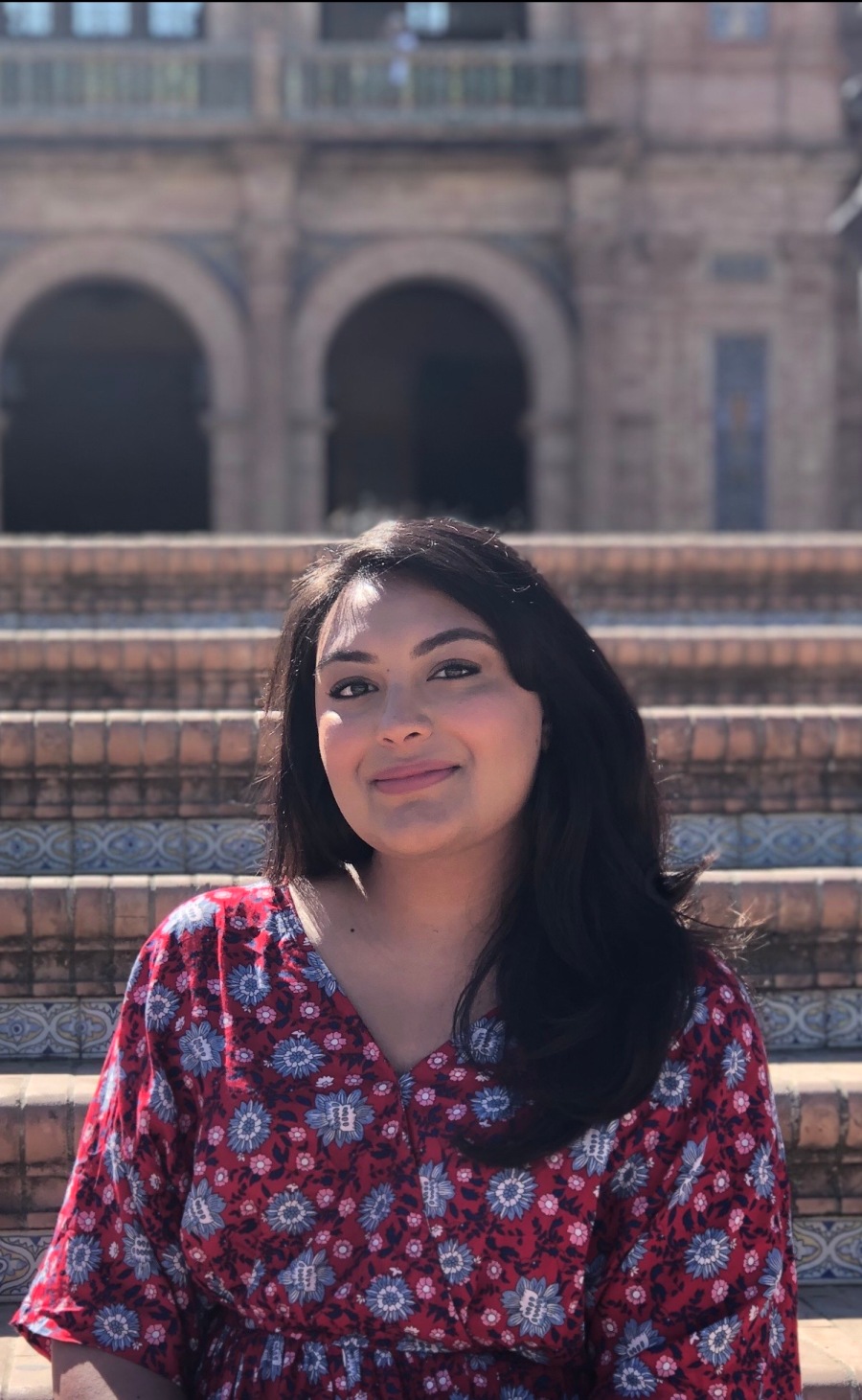Yusra Majoka is passionate about ending gender inequalities and believes in creating sustainable change by empowering girls and women in our communities. She graduated from St. Georges, University of London with a masters in global health. She is focused on improving women’s health and advocating for autonomy and education surrounding women’s rights.
1) When and how did you first get involved with Sahiyo?
I began working as a development intern for Sahiyo in October 2020. I had been following Sahiyo on their Instagram page for some time and was inspired by their mission to end female genital cutting (FGC). When I saw a call for applications, I was excited by the opportunity.
2) What does your work with Sahiyo involve?
My work with Sahiyo as a development intern means supporting our development team by completing tasks in the area of grant research and funding. Each month I contribute with grant or funding source research, or by helping to create fundraising campaigns. Within these areas I also help in other ways, by creating any emails that need to be sent, or maintaining documents to track our progress.
3) How has your involvement with Sahiyo impacted your life?
Working with Sahiyo has helped me to better understand how imperative it is to end female genital cutting. Before joining Sahiyo I was not well versed with the issue and now am able to understand how complex FGC is, and how much more work needs to be done to help both survivors of FGC and communities from changing their attitudes around it. Working with Sahiyo has inspired me to have challenging conversations with my own family and friends.
4) What words of wisdom would you like to share with others who may be interested in supporting Sahiyo and the movement against FGC?
To anyone interested in Sahiyo, I would encourage them to follow what Sahiyo has achieved and support our goals to continue to protect women and young girls. One of the most important ways to support this mission is by dismantling the taboo surrounding FGC. By encouraging open dialogue in our communities we are able to bring much needed awareness to the issue, increase community education and involvement, and bring ourselves one step closer to ending FGC.

